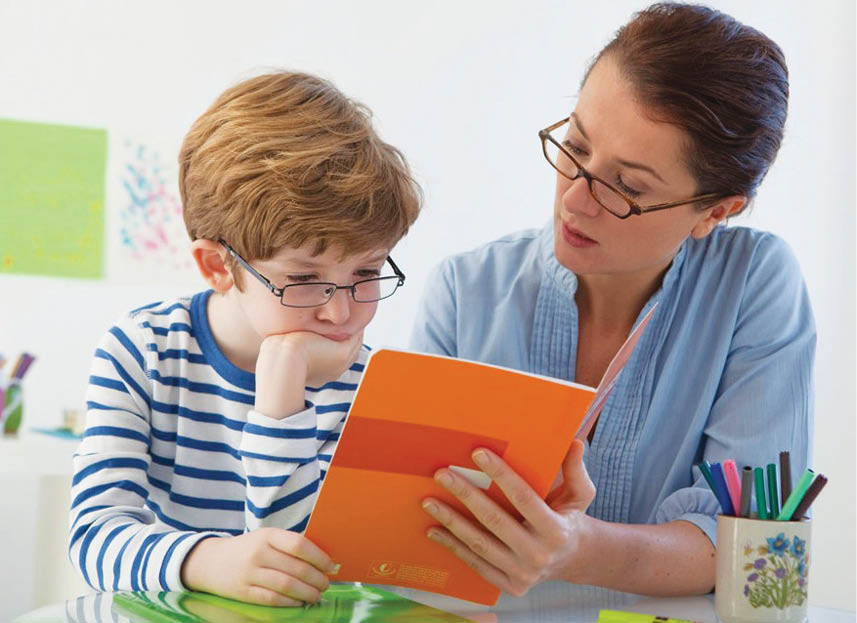Last week I met my school friend after almost 18 years. It was such a wonderful moment. We soon got nostalgic. On knowing that I work with children and adults having learning difficulties, she asked, “Tell me something about dyslexia.” My prompt reply was, “Winston Churchill, Leonardo da Vinci, Albert Einstein, Whoopi Goldberg, Tom Cruise, Bill Gates, Walt Disney are some famous dyslexics!” She was shocked! “Wow, all of them masterminds in spite of having dyslexia?!” she exclaimed. Now that statement truly worried me – somehow she didn’t understand that people were greats not in spite of their dyslexia, but because of it.
Generally, most who live with dyslexia, go through disparity, humiliation, unjust treatment and end up feeling stigmatized and alienated. What we need to understand is that those who are diagnosed with Dyslexia learn or absorb information in a different pattern than those who don’t. And consequently, they deal with different difficulties. It is, in fact, this very difference that makes them special. They need to be taught differently. Teaching them in the manner conducive to their true learning is the key to their progress. It is important to understand that not conventionally knowing to read, write, spell or do math does not mean that they are ‘stupid’.
They use their brain differently and possess skills that wow others. They are extremely aware of their environment and as such are a very curious lot. Their thoughts assume the form of images, they perceive with all their senses and have an impressively vast and colorful imagination. In his book, ‘The Gift of Dyslexia’, Ronald Davis says, “the gift is always there, even if it isn’t recognized for what it is. Many think they have a knack of doing something, without realizing. Their special talent comes from the same mental functions that prevent them from being able to read, write or spell well.”
All learning calls for focus, attention, perception, imagery, symbols, senses and concepts. A break down at any level will disturb the information process, leading to failure. Therefore, careful diagnosis and subsequent remediation needs to be carried out, if you truly wish to assist those with Learning Disabilities (LD) to learn.
One of the most precious gifts that a parent or a teacher can give this child, or even any child, is to reinforce a positive sense of self or self-respect. This self-esteem helps the child to set goals, manage with troubles, relate to others and contribute to society, but even more importantly, it helps the child to reach his/her potential and become a self-sufficient adult. Generous positive encouragement and love is the best way to be the perfect role model for your child, more so when they are trying to overcome Learning Disabilities.
- એક ટૂંકી વાર્તા - 21 December2024
- હસો મારી સાથે - 21 December2024
- વૃધ્ધાવસ્થાનો સાચો આધાર!! - 21 December2024
